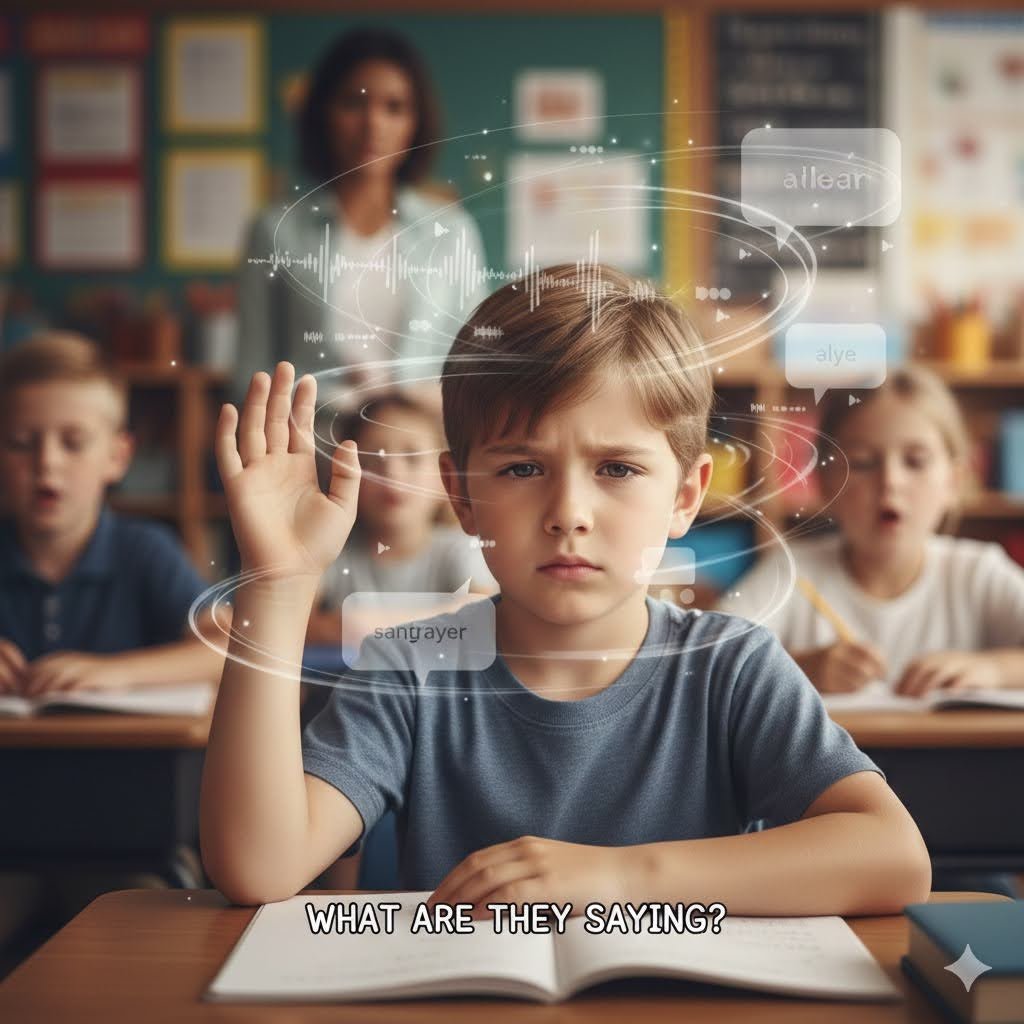You’ve decided it’s time to stop drinking, or at least stop leaning on weed to soften the edges. You’ve got willpower, a plan, maybe even a shiny new journal with motivational quotes. But somehow, two days later, you’re staring at an empty wine bottle or wondering why there’s another half-smoked joint in your ashtray.
It’s not that you’re weak. It’s not that you lack discipline. It’s your wiring.
If you’re neurodivergent, especially ADHD, but also autistic, dyslexic, dyspraxic, or any combination from the ND cocktail menu, quitting substances isn’t just hard. It’s like trying to reprogram a brain that’s been running on a completely different operating system since birth.
Why Alcohol and Weed Are the ND Community’s “Go-To”
Here’s the thing nobody really says out loud: alcohol and weed aren’t just common in the ND community, they’re practically woven into it. When you grow up constantly overstimulated, misunderstood, or masking just to survive, substances become the shortcut. A glass of wine quiets the noise. A joint slows the racing thoughts. They make socialising less awkward, emotions less volcanic, and life slightly less relentless. For many, it isn’t about chasing a high; it’s about chasing normal.
ND Wiring and the Dopamine Dilemma
Here’s a fact you won’t hear in most recovery circles: ADHD brains naturally have lower baseline dopamine levels. Dopamine is the neurotransmitter behind motivation, reward, and pleasure.
For neurotypical (NT) brains, achieving goals and ticking boxes gives them a little dopamine buzz. For ND brains? Not so much. Substances like alcohol, weed, nicotine, or even caffeine become a convenient and fast shortcut.
It’s not about liking substances more. It’s about needing them more just to reach “baseline normal.” And when your brain has spent years learning that dopamine is only two sips or two drags away, simply telling yourself no is like dangling cake in front of someone on a sugar crash and saying, “Just don’t want it.”
Emotional Dysregulation: When Feelings Hit at Full Volume
For many ND people, feelings don’t arrive politely. They storm in, all at once, like a group of toddlers on energy drinks. Stress, shame, frustration, excitement – everything’s amplified.
Substances, whether we like to admit it or not, can act like an emergency mute button. They don’t solve the feeling, but they turn the volume down enough to make life bearable.
So when you remove that “off switch,” emotions come roaring back at full blast. No amount of inspirational quotes can compete with a brain screaming, “Make it stop, make it stop, make it stop.”
Impulsivity, Meet Cravings
ADHDers are Olympic-level impulsive. Combine that with cravings, and you’ve got a messy situation. You can genuinely, wholeheartedly decide to quit at 10 a.m. and still find yourself at the pub by 6 p.m., telling yourself it’s just “one glass.”
That’s not weakness. That’s your prefrontal cortex, the part of the brain responsible for long-term decision-making, struggling to keep up with a reward system that’s constantly hijacked by “right now” cravings.
Neurotypicals can delay gratification more easily because their dopamine systems aren’t screaming for shortcuts. For ND wiring, instant relief often overrides long-term goals, no matter how much willpower you think you’ve packed.
When Recovery Advice Doesn’t Fit
Here’s the thing – most mainstream recovery advice is designed for NT brains. Things like “just distract yourself” or “find joy in small wins” sound lovely, but when your baseline dopamine is running on empty, the “small win” doesn’t even register.
Even some support groups assume a level of emotional regulation and executive functioning that many ND people simply don’t have. You’re told to “plan your triggers” and “set up coping strategies,” but when executive dysfunction kicks in, the plans stay in your head while reality happens elsewhere.
ND-Friendly Strategies That Actually Help
Quitting isn’t impossible for ND brains, but the approach has to be different. It’s not about forcing NT solutions onto ND wiring. It’s about hacking your own dopamine system and making recovery feel achievable, not punitive.
Create a Dopamine Menu
Instead of ripping away every source of pleasure, build a “dopamine menu”, small, healthy hits that give your brain something to work with.
- Loud music that makes you move
- Spicy food (science says it boosts dopamine)
- Quick novelty hits like trying a new recipe or rearranging your furniture
- Creative flow – drawing, writing, or building something pointless but satisfying
Therapy That Gets ND Brains
Traditional CBT can sometimes fall short, but therapies like Dialectical Behaviour Therapy (DBT) or Acceptance and Commitment Therapy (ACT) have shown better results for ND individuals. They focus on emotional regulation and self-acceptance rather than endless self-criticism.
Medicate the Root, Not the Habit
If your brain’s chasing dopamine via substances, untreated ADHD or anxiety might be the bigger culprit. With the right meds, the craving loop often quiets down because your brain isn’t starved for reward anymore.
Build ND-Friendly Support Systems
Seek out recovery spaces that understand ND differences, whether that’s online ADHD forums, ND-specific coaching, or therapy groups that acknowledge emotional dysregulation as part of the picture. Feeling understood reduces shame, and shame reduction is half the battle.
Why Willpower Alone Isn’t Enough
If you’ve ever berated yourself for “failing” to quit, here’s your permission slip to stop. You’re not broken. You’re not weak. You’re working with a brain wired for faster, louder, and often more chaotic reward-seeking.
The goal isn’t to become someone you’re not. It’s to work with your wiring instead of against it. And that starts with compassion, not shame.
Because when you finally stop fighting yourself, you free up the energy to fight the real battle: building a life that feels so good you no longer need to numb it.
Final Thoughts
Giving up alcohol, weed, or any other quick dopamine fix when you’re ND isn’t impossible – but it is different. The usual “just quit” advice doesn’t work because ND brains don’t operate like NT brains. You need tailored strategies, ND-friendly support, and, above all, the understanding that your struggles aren’t a personal failing.
You don’t need more willpower. You need better tools.
Do you think neurodivergent recovery spaces should become the norm, rather than trying to fit ND brains into NT solutions?







Wow superb blog layout How long have you been blogging for you make blogging look easy The overall look of your site is magnificent as well as the content
Your blog is a breath of fresh air in the often stagnant world of online content. Your thoughtful analysis and insightful commentary never fail to leave a lasting impression. Thank you for sharing your wisdom with us.
Your blog has become an indispensable resource for me. I’m always excited to see what new insights you have to offer. Thank you for consistently delivering top-notch content!
Its like you read my mind You appear to know so much about this like you wrote the book in it or something I think that you can do with a few pics to drive the message home a little bit but other than that this is fantastic blog A great read Ill certainly be back
Your blog has become an indispensable resource for me. I’m always excited to see what new insights you have to offer. Thank you for consistently delivering top-notch content!
Your writing has a way of resonating with me on a deep level. It’s clear that you put a lot of thought and effort into each piece, and it certainly doesn’t go unnoticed.
Your writing is like a breath of fresh air in the often stale world of online content. Your unique perspective and engaging style set you apart from the crowd. Thank you for sharing your talents with us.
I have been browsing online more than three hours today yet I never found any interesting article like yours It is pretty worth enough for me In my view if all website owners and bloggers made good content as you did the internet will be a lot more useful than ever before
I was recommended this website by my cousin I am not sure whether this post is written by him as nobody else know such detailed about my trouble You are amazing Thanks
Just wish to say your article is as surprising The clearness in your post is just cool and i could assume youre an expert on this subject Fine with your permission allow me to grab your RSS feed to keep updated with forthcoming post Thanks a million and please keep up the enjoyable work
Your blog is a treasure trove of valuable insights and thought-provoking commentary. Your dedication to your craft is evident in every word you write. Keep up the fantastic work!
Your writing has a way of resonating with me on a deep level. I appreciate the honesty and authenticity you bring to every post. Thank you for sharing your journey with us.
Wow wonderful blog layout How long have you been blogging for you make blogging look easy The overall look of your site is great as well as the content
Fantastic site Lots of helpful information here I am sending it to some friends ans additionally sharing in delicious And of course thanks for your effort
Your blog is a constant source of inspiration for me. Your passion for your subject matter shines through in every post, and it’s clear that you genuinely care about making a positive impact on your readers.
certainly like your website but you need to take a look at the spelling on quite a few of your posts Many of them are rife with spelling problems and I find it very troublesome to inform the reality nevertheless I will definitely come back again
Your blog is a true gem in the world of online content. I’m continually impressed by the depth of your research and the clarity of your writing. Thank you for sharing your wisdom with us.
Your ability to distill complex concepts into digestible nuggets of wisdom is truly remarkable. I always come away from your blog feeling enlightened and inspired. Keep up the phenomenal work!